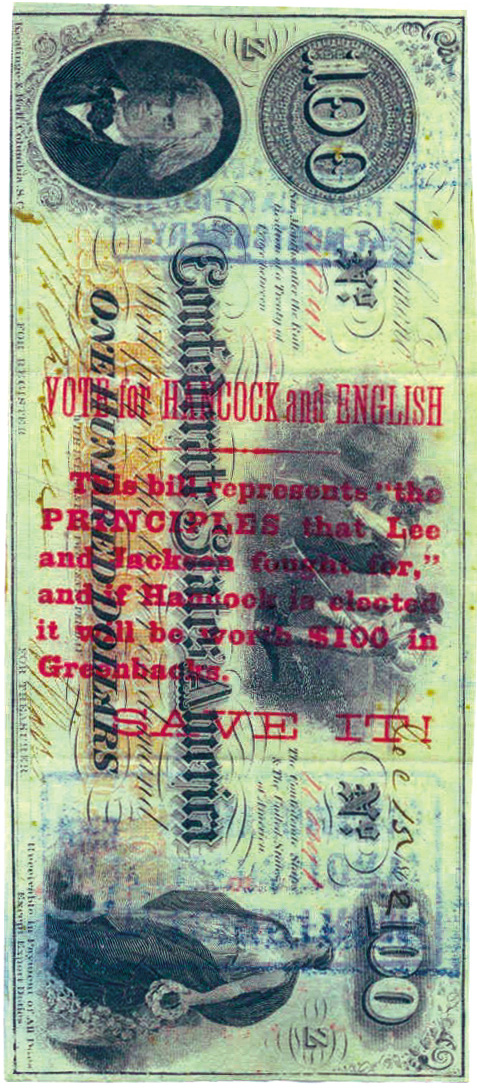 Dear Editor,
Dear Editor,
Let me express my congratulations on your excellent article in your April 2004 issue, “Hancock the Superb.” History has unfortunately not been kind to Maj. Gen. Winfield Scott Hancock and hopefully this article will bring him to the attention of more Civil War readers. General Meade gets the credit for defeating Lee at Gettysburg, but in reality, without Hancock the results might have been quite different. One also wonders what would have happened if Hancock had been allowed to pursue Lee after his defeat. The war may have ended much earlier, saving many lives on both sides.
I am a collector of Confederate currency. After the war ended, much of this currency was used for advertising. However, a small portion was also used in political campaigns. I have in my collection a Confederate 1862 $100 note known to collectors as a T-41. Printed in red on the obverse is the following, “Vote for Hancock and English, This bill represents the ‘PRINCIPLES that Lee and Jackson fought for,’ and if Hancock is elected it will be worth $100 in Greenbacks. SAVE IT!”
Your article makes reference to Hancock’s run for the presidency of the United States in 1880 and how narrowly he lost. I’d like to elaborate on that. James A. Garfield, Republican Party, won 214 Electoral votes, 4,449,053 Popular votes; Winfield S. Hancock, Democratic Party, won 155 Electoral votes, 4,442,035 Popular votes; and James B. Weaver, Greenback Party, won 0 Electoral votes and 308,578 Popular votes. The difference in Popular votes between Garfield and Hancock was only 7,018 and one has to wonder what would have happened if Mr. Weaver had not been involved in the election. The Confederate note I have says it is worth $100 in GREENBACKS if Hancock is elected. Was that a reference to the GREENBACK PARTY?
Les D. Lewis
Wheeling, West Virginia
Dear Editor:
I have several questions on “Hancock the Superb,” by John Deppen (April 2004). Could Mr. Deppen provide the source for the statement, “[Hancock] did not share the contempt for citizen volunteers felt by many of his army comrades”? Where did this attitude originate? Did the units used in the Mexican wars, where many officers fought as junior officers, do that much better in the Civil War than the volunteer regiments? Was there a noticeable difference between regular regiments and volunteer regiments? If so, what regiments stood out in battle and where?
It seems to me that the volunteer regiments did very well in actual battle—20th Maine, 1st Minnesota, 24th Wisconsin—just to name a few of which I have read unit histories. The battlefield actions of the 1st Minnesota at First Bull Run seemed to be on the positive side compared to any of the other units on the field. Was the “contempt” really a feeling against the political nature of some of the senior officers of volunteer regiments, who were political appointees in some cases, rather than a feeling against the fighting qualities of the enlisted men? It seems that the Civil War was fought on the Union side, at least, by volunteer regiments, many of which fought as well as any other type of regiment.
Larry G. DeVries
Eden Prairie, Minnesota
Dear Mr. DeVries:
In your thoughtful response to my article on General Hancock at Gettysburg, you raise the question of professional military attitudes toward volunteer soldiers. At the beginning of the Civil War, Maj. Gen. Don Carlos Buell, among others, held the firm belief that only a well-trained professional military would win the war. According to author Stephen D. Engle, “Buell firmly, almost severely, impressed discipline on the volunteers…. He expected the newly mustered volunteers to attain perfection in ‘appointment, organization, drill, and all that routine duty to which he had been accustomed in the old army.’” (Don Carlos Buell, Most Promising of All, p. 92).
Colonel Adelbert Ames, a West Point graduate and the first colonel of the 20th Maine Infantry, berated his disorganized mass of volunteers during the early days of their training. “His choice of method was bellowing, yelling at, and dressing down unlucky fellows singled out where his outraged eye happened to fall on hapless offenders of military form. It was the time-honored way of the professional soldier, and Ames, well trained, coupled it with his own temperament, which was short-fused to explode when provoked” (Alice Rains Trulock, In the Hands of Providence, pp. 16-17).
According to The Historical Times Encyclopedia of the Civil War, the organizational structure of volunteer units was a source of frustration for the professional officer corps. “The local origin and makeup of most volunteer units had a poor effect on discipline; the men had elected their leaders, so volunteer officers were often wary of being strict with their troops. Early in the war this necessitated the removal or transfer of many volunteer officers, and in a few cases, the punishment of entire regiments.”
As the war progressed and the volunteer regiments proved themselves courageous and capable on many battlefields, the skepticism of military professionals concerning the fighting qualities of volunteers largely dissipated.
John Deppen
Dear Editor:
As a Spaniard living in the USA, I enjoyed William J. McPeak’s fine article, “The Best Day’s Work in Centuries” (April 2004), about the great naval battle at Lepanto in 1571. Christian Europe’s 1571 predicament was that of a great continent rendered vulnerable by its very openness. In the all-out crusade against Islamic piracy, the Christian Europeans were lucky that in Don Juan of Austria they did not have a Hamlet, wringing his hands endlessly over whether or not and how to respond. What they did have was a leader more like Shakespeare’s King Henry V at Agincourt, clear both in his view of the battlefield and on the stakes of the conflict at hand. Don Juan’s clarity of vision defined piracy as evil and the pirates as the “enemies of God.” No punch pulling here. Don Juan’s clarity of purpose and vision led the Holy League to victory over the Ottoman Turks at Lepanto. Viva Don Juan!
Evan Dale Santos
Adelanto, California


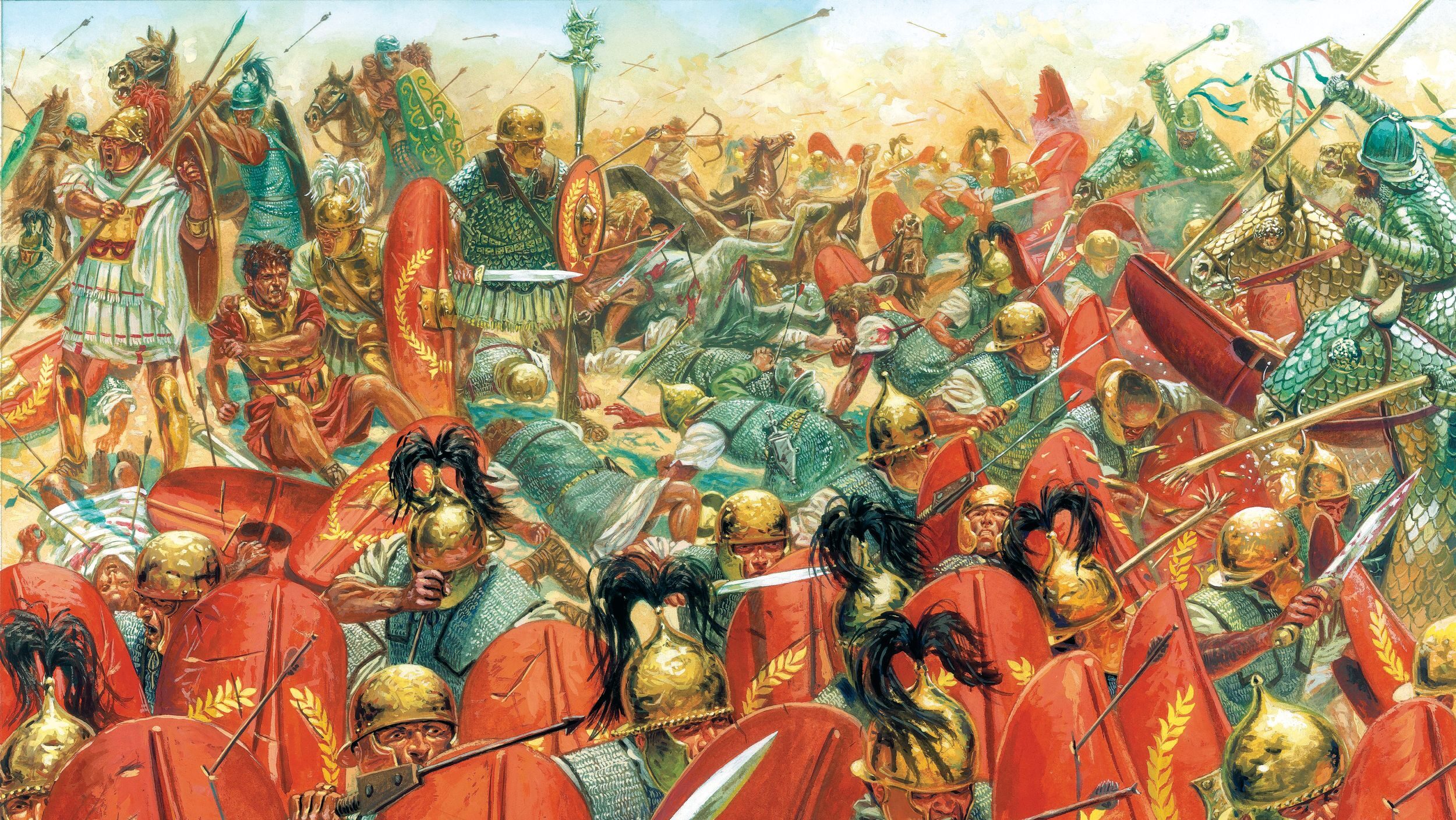
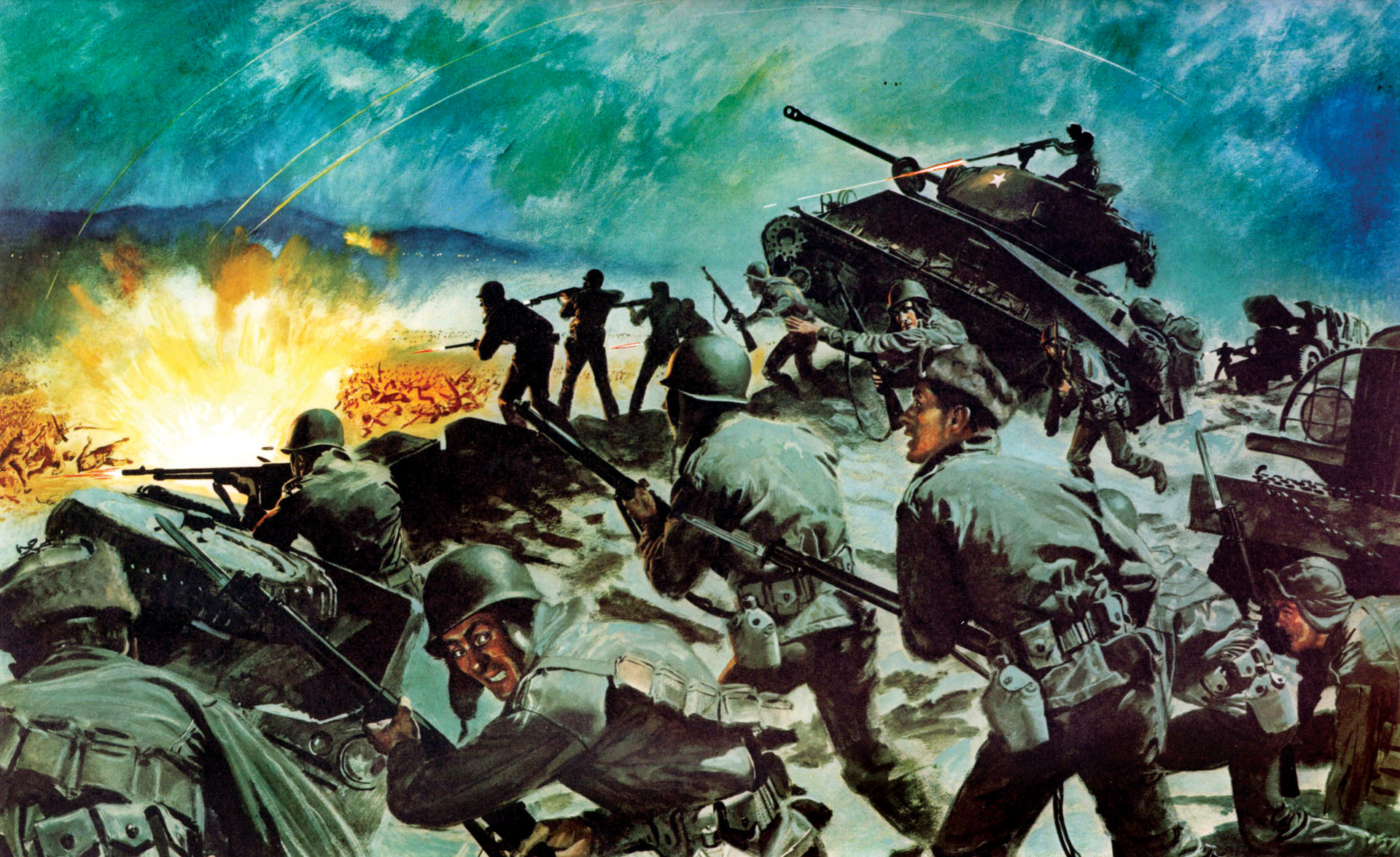
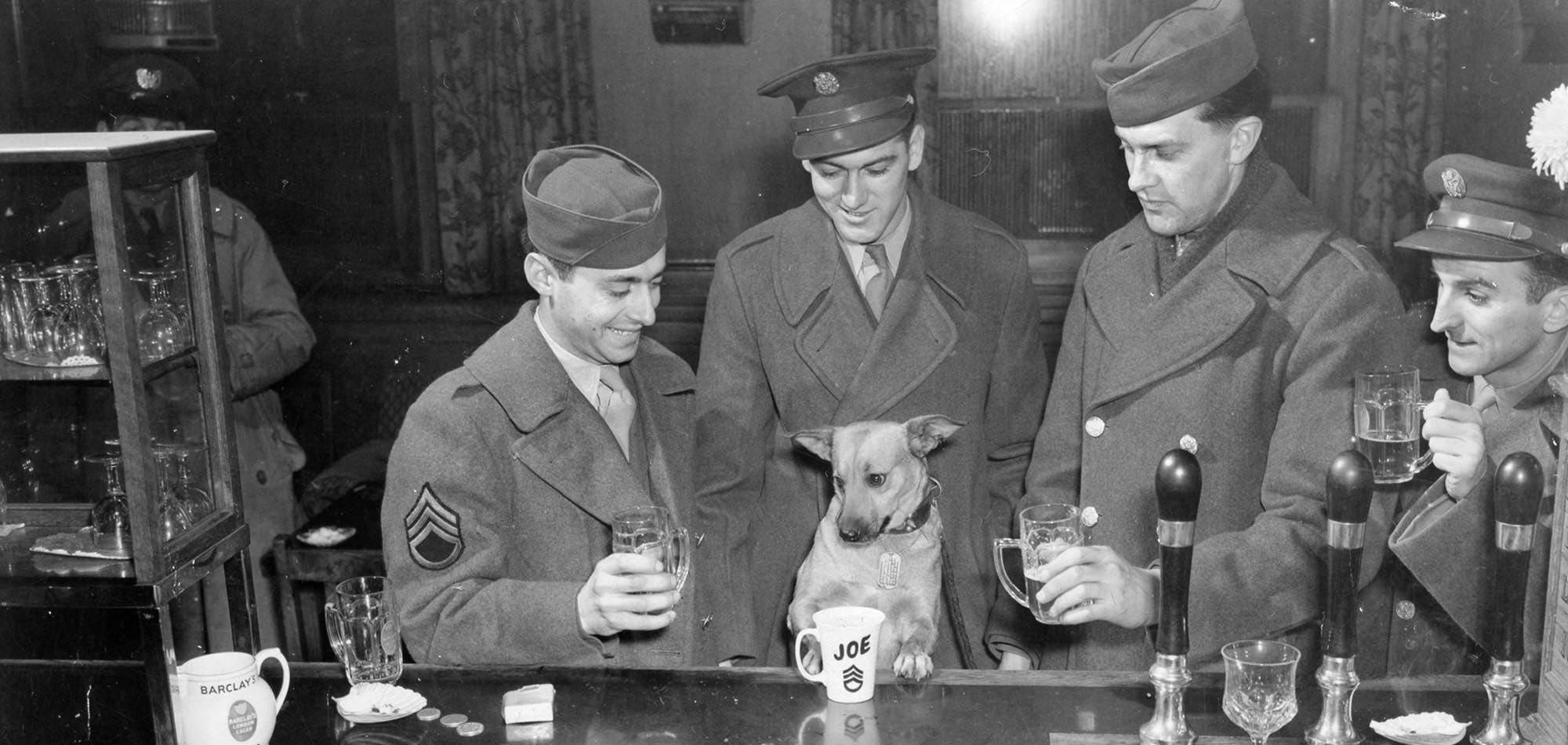
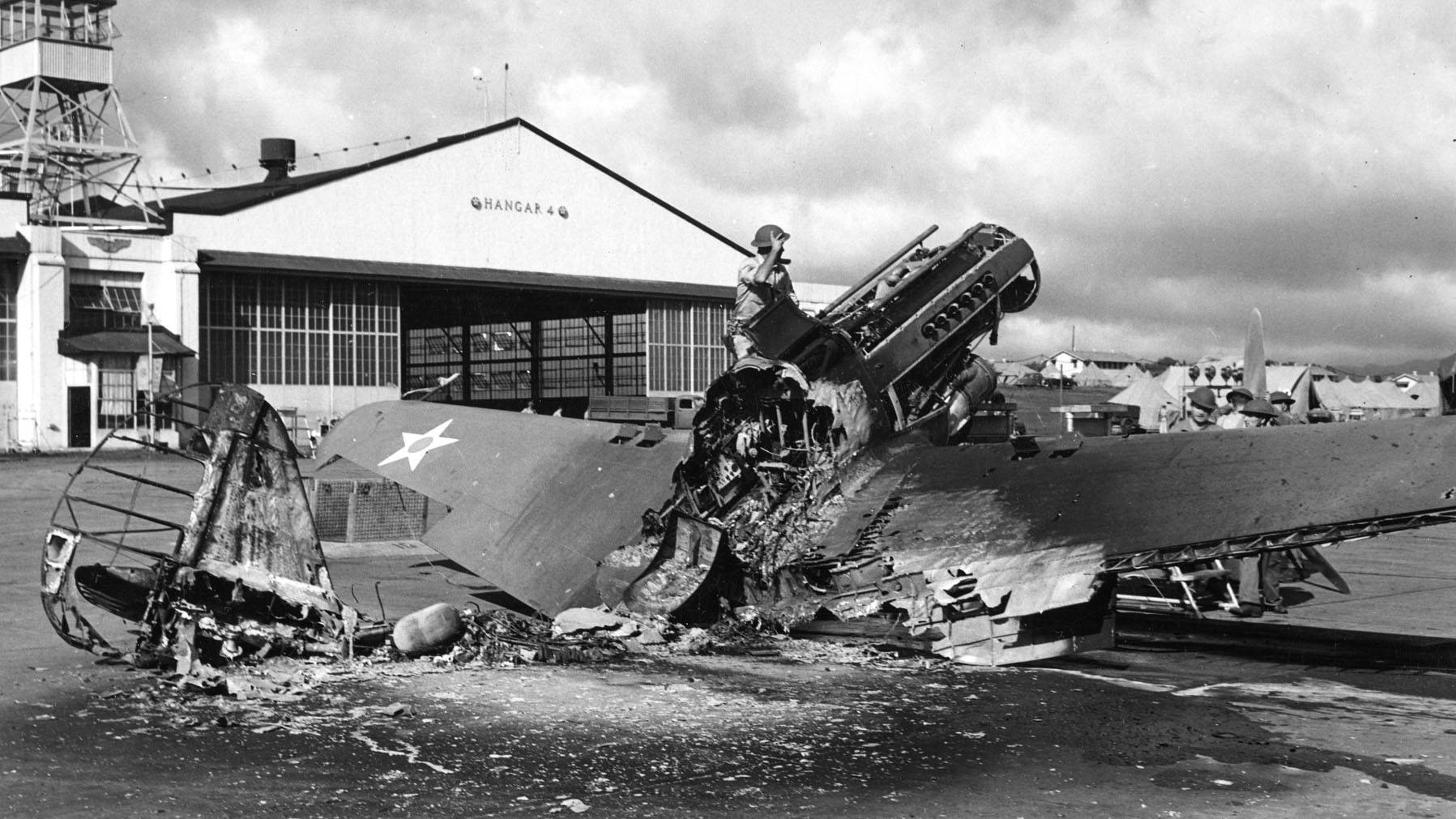
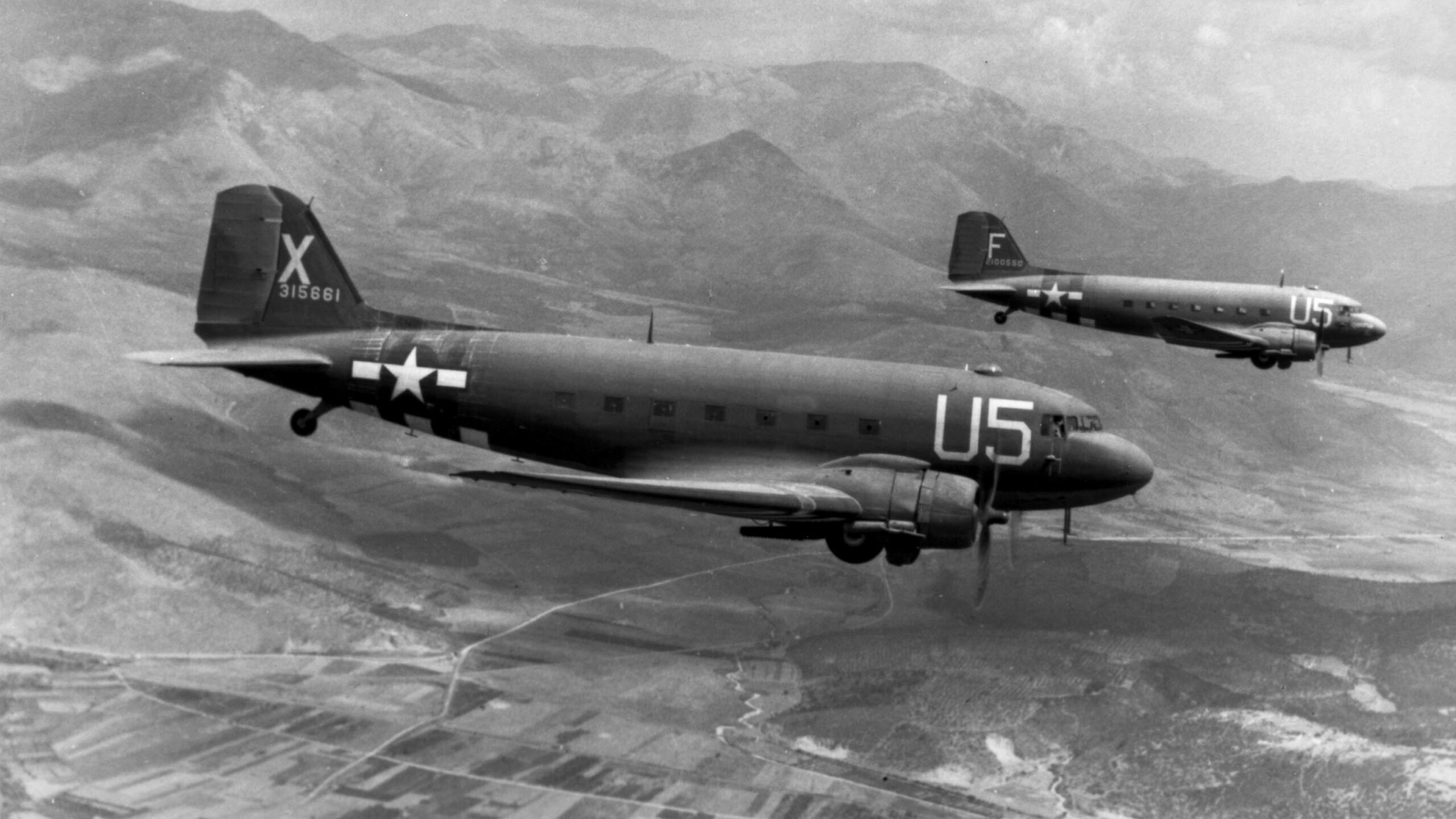
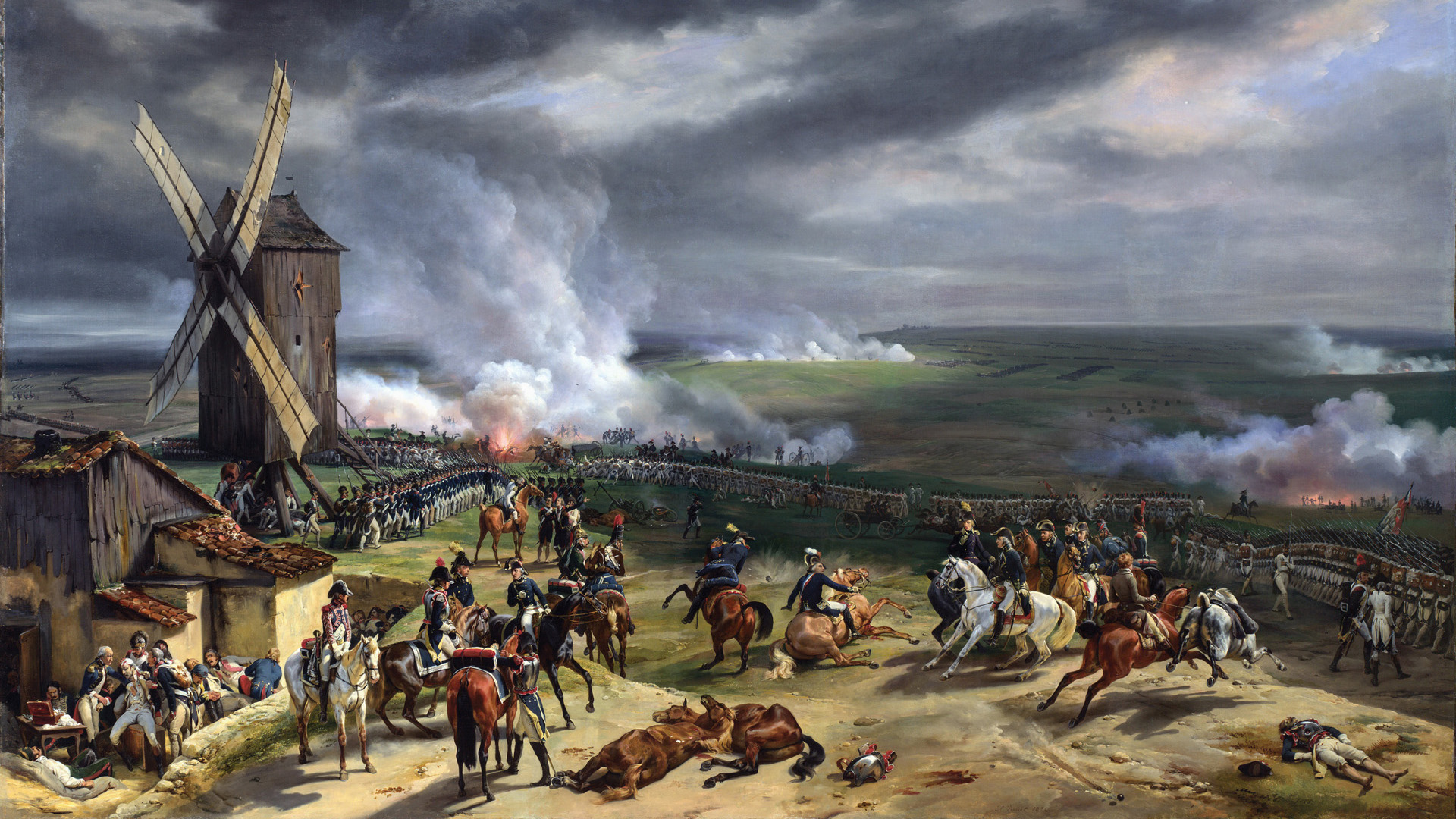
Join The Conversation
Comments
View All Comments